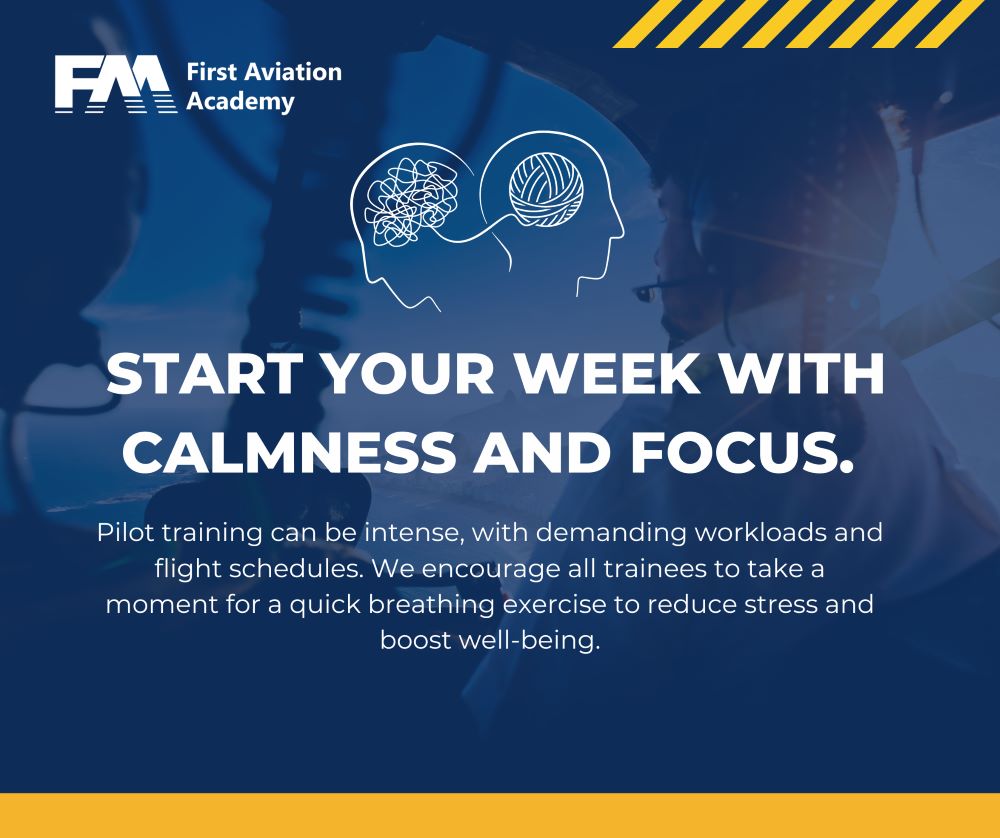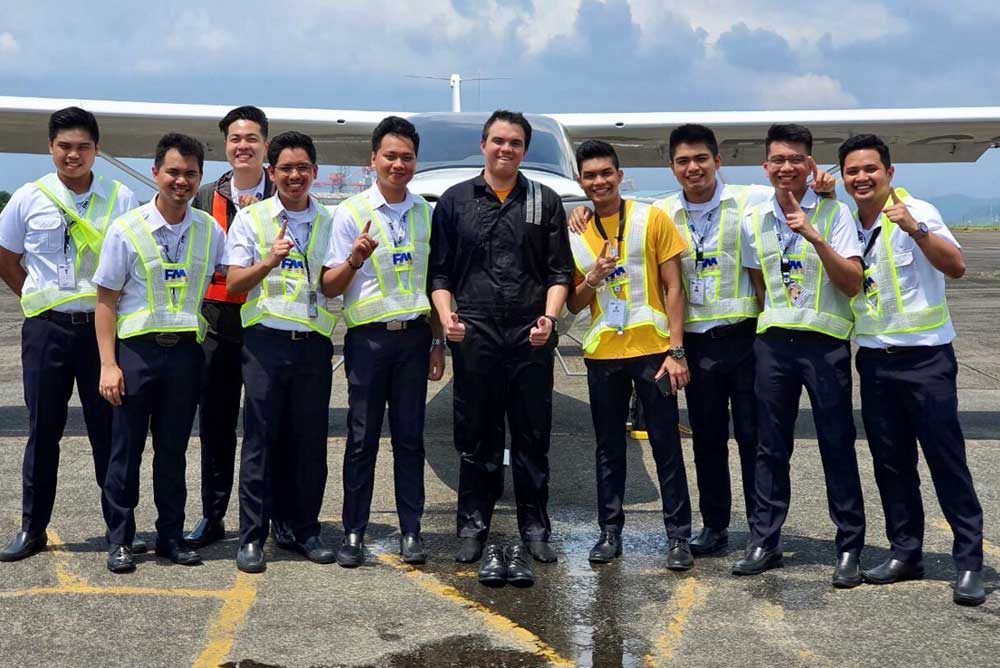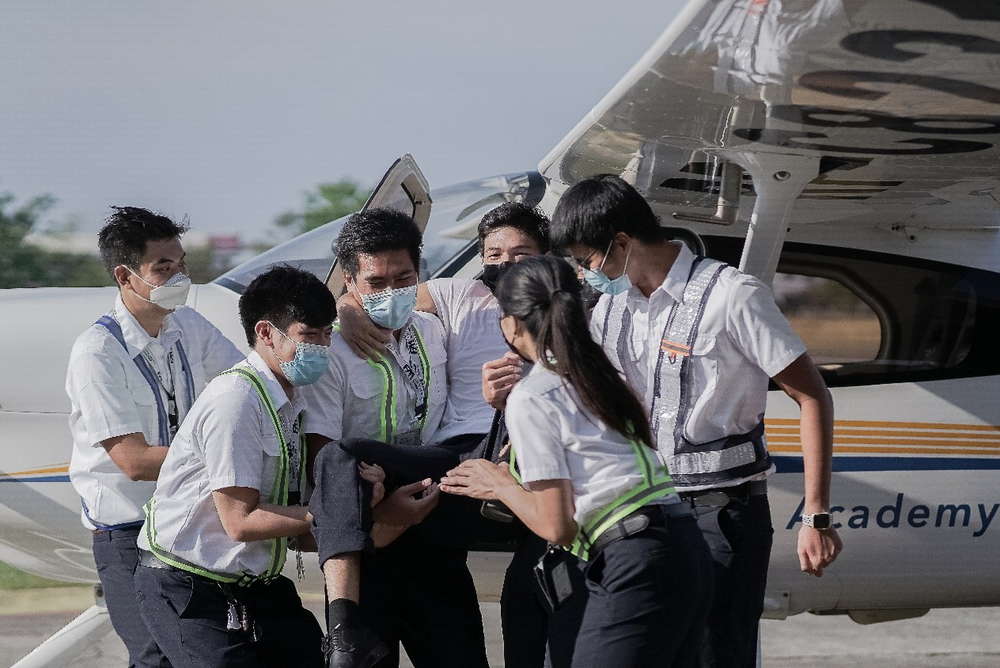
In the aviation industry, mental health is just as critical as physical fitness. Pilots are entrusted with the lives of hundreds of passengers, which demands peak performance in terms of focus, decision-making, and emotional stability. While technical proficiency and physical health are often prioritized, the importance of mental well-being cannot be overstated. Here’s why mental health is paramount for pilots and the entire aviation sector.
- Mental Health Affects Flight Safety
A pilot’s mental health has a direct impact on flight safety. The high-stakes environment of aviation requires impeccable judgment and split-second decision-making. Anxiety, depression, or other mental health challenges can cloud a pilot’s judgment, slow their reactions, and increase the likelihood of errors. By maintaining strong mental health, pilots can perform their duties effectively and ensure the safety of everyone on board.
- Managing Stress and Fatigue
Pilots often face long hours, irregular schedules, and time zone changes, which can lead to chronic stress and fatigue. These factors can take a toll on both physical and mental health. Fatigue can lead to reduced cognitive performance, and chronic stress can contribute to conditions like anxiety or burnout. Addressing mental health issues early on can prevent these from escalating and impairing a pilot’s ability to function.
- Emotional Resilience in High-Pressure Situations
Pilots regularly encounter high-pressure situations, such as handling technical malfunctions, severe weather conditions, or in-flight medical emergencies. Emotional resilience is crucial for staying calm and composed in these moments. When pilots maintain good mental health, they are better equipped to handle stressful events without becoming overwhelmed or panicked.
- Reducing the Stigma Around Mental Health in Aviation
Historically, there has been a stigma around mental health issues in the aviation industry. Pilots may fear that seeking help for mental health concerns could result in losing their flying license. However, industry leaders and aviation authorities are working to change this narrative. Encouraging open conversations about mental health and providing support systems can help pilots feel comfortable seeking the help they need without fear of judgment or career repercussions.
- The Role of Support Systems
Airlines and aviation training centers play a critical role in supporting pilots’ mental well-being. Access to mental health resources, peer support groups, and counseling services can make a significant difference. Offering pilots the tools to manage stress and cope with challenges ensures that they can continue to perform their duties at the highest level while prioritizing their mental well-being.
- The Importance of Regular Mental Health Check-ups
Just as pilots undergo regular medical examinations to ensure physical fitness, mental health check-ups are equally important. Ongoing assessments help identify any issues early on and provide pilots with the necessary support to address their mental health proactively. This preventive approach promotes a culture of well-being within the aviation community and underscores that mental health is a key component of a pilot’s overall fitness to fly.
- Creating a Culture of Well-being in Aviation
The aviation industry needs to foster a culture that values mental health. This includes offering training on stress management, emotional resilience, and mental wellness strategies. A healthy work environment that prioritizes both physical and mental well-being can enhance a pilot’s performance and longevity in their career.
The importance of mental health for pilots cannot be overstated. A pilot’s ability to perform at their best, manage stress, and make sound decisions under pressure is directly tied to their mental well-being. By promoting mental health awareness, reducing stigma, and providing access to resources, the aviation industry can ensure that pilots maintain optimal mental health, ultimately enhancing flight safety and overall operational success.
Mental health is not just a personal issue—it’s a professional responsibility for pilots and the entire aviation industry.










